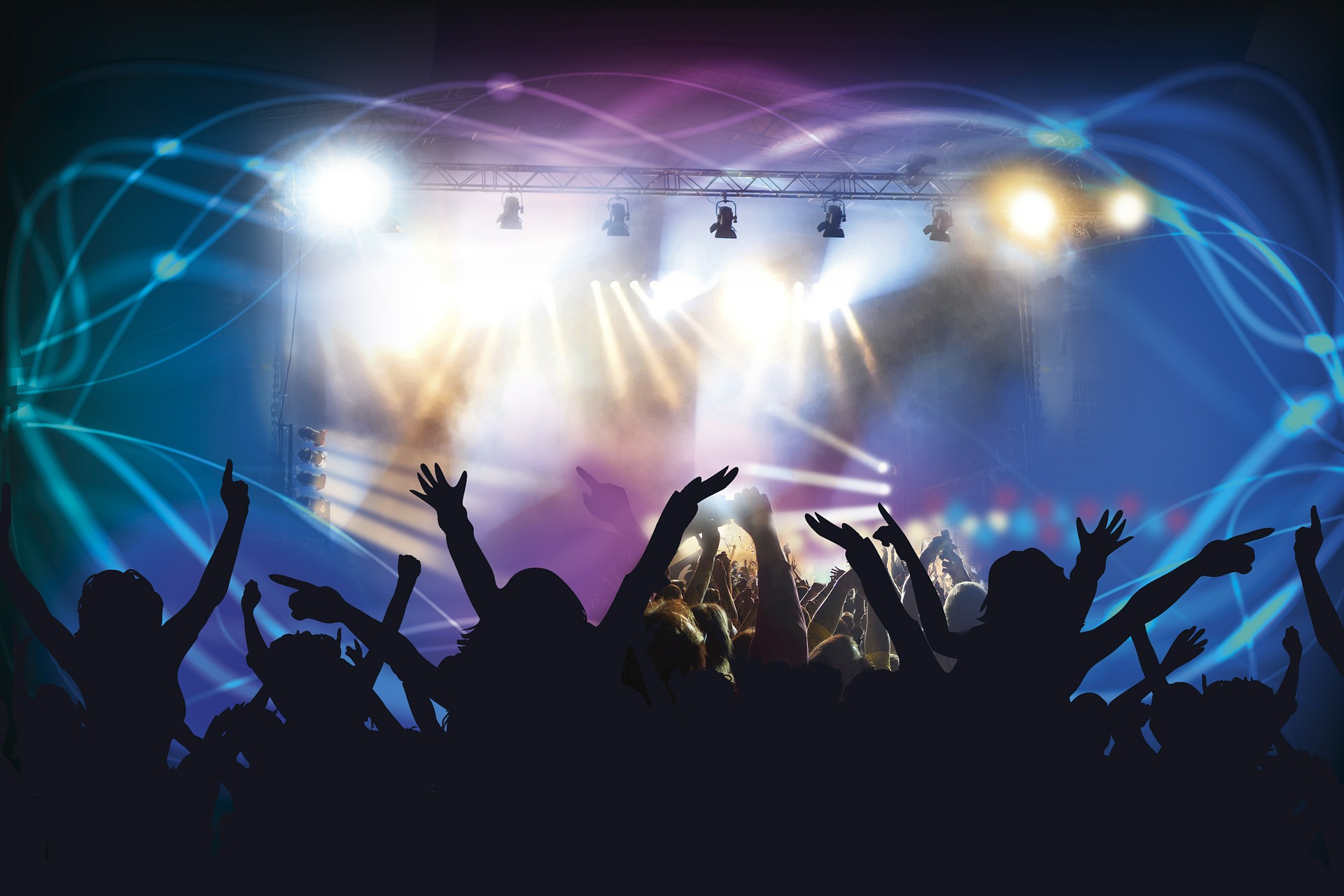Teenage Ketamine-Alcohol Fatality Risks & the Need for Treatment
Many teenagers and young adults tend to gravitate towards the party scene, be it concerts, house parties, nightclubs or raves. Within these settings, ketamine has become quite popular as far as party drugs go with alcohol being a mainstay as always.
Consequently, the use of ketamine and alcohol together is a common practice among teenagers within these environments.
Ketamine, one of a handful of dissociative-type hallucinogens, is an anesthetic agent capable of producing “out-of-body” experiences while alcohol acts as a central nervous system depressant. When used together, the combined effects of an anesthetic and central nervous system depressant can bring on dangerous effects, including death. Over time, this practice can set the stage for addiction problems to develop.
Ketamine and the Party Scene
According to the Drug Enforcement Administration, ketamine’s intended use works as an anesthetic used in veterinary medicine. When used for recreational purposes, ketamine’s effects make for unusual shifts in consciousness, including:
- Hallucinations
- Changes in body perception
- Feelings of floating
- Enhanced sensory experience
- A mixing of the senses, such as “hearing” light or “seeing” sound
These effects combined with the loud music and activity that characterizes raves and concerts enhance the overall party experience, but can also leave a teenager completely vulnerable to his or her surroundings.
With ketamine’s known effects being regularly put to use by predators as a “date rape” agent, combining ketamine and alcohol only works to make a bad situation worse.
For more information on teenage ketamine-alcohol abuse, call 800-915-1270 (Sponsored).
Ketamine-Alcohol Fatality Risks
Ketamine and alcohol share certain similarities that make for dangerous effects when used together. While most types of hallucinogen drugs carry a low potential for addiction, the brain quickly develops a tolerance for ketamine’s effects. The same goes for alcohol.
Both ketamine and alcohol produce depressant-like effects that reinforce one another when used together. Under these conditions, the risk of respiratory failure and even death increases considerably. Overall, ketamine and alcohol both work to slow brain activity, placing teenagers at serious risk of developing physical and psychological problems over time, including:
- High blood pressure
- Hallucinations
- Psychotic-like behaviors
- Coma
- Depression
- Seizures
- Flashback episodes
- Weakened immune system
- Stroke
- Irregular heartbeat
Lifestyle Effects
According to the Centers for Disease Control & Prevention, an estimated four percent of 8th to 12th grades reported using ketamine in 2001, with nearly 70 percent of 12th graders reporting using alcohol in 2013. This practice of combining ketamine and alcohol predisposes teenagers to certain lifestyles that can have long-term effects in their lives, including:
- Impaired brain development
- Sexually-transmitted diseases from having unprotected sex
- Car accidents
- Poor performance in school
- Legal problems
- Memory impairment
- Alcoholism
- Ketamine addiction
The Need for Treatment
As ketamine and alcohol both carry a high potential for addiction, their combined effects can only speed the rate of a developing addiction along. Add to this the ongoing risk of overdose and fatality and the need for treatment help becomes glaringly apparent.
If you have concerns that your teen is engaging in ketamine-alcohol abuse and have questions about available treatment options in your area, please feel free to call our toll-free helpline at 800-915-1270 (Sponsored) to speak with one of our addictions specialists.

 Ketamine Side Effects -
Ketamine can cause serious problems, most commonly of the psychological nature
Ketamine Side Effects -
Ketamine can cause serious problems, most commonly of the psychological nature  Disassociation: Why Ketamine is so Popular -
People who abuse ketamine generally do so to escape reality and to relieve pain
Disassociation: Why Ketamine is so Popular -
People who abuse ketamine generally do so to escape reality and to relieve pain  How Does Ketamine Affect the Respiratory System? -
Considering the fact that ketamine is used as an anesthetic agent during surgical procedures, it should come as no surprise that this drug can affect the respiratory system.
How Does Ketamine Affect the Respiratory System? -
Considering the fact that ketamine is used as an anesthetic agent during surgical procedures, it should come as no surprise that this drug can affect the respiratory system.  Short Term Effects of Ketamine -
Ketamine has sedative, dissociative effects above all else. It has also been known to cause hallucinations, paranoia, and more
Short Term Effects of Ketamine -
Ketamine has sedative, dissociative effects above all else. It has also been known to cause hallucinations, paranoia, and more  Ketamine Long Term Effects You Should Be Aware Of -
Find out about the myriad of long term effects ketamine abuse can cause
Ketamine Long Term Effects You Should Be Aware Of -
Find out about the myriad of long term effects ketamine abuse can cause